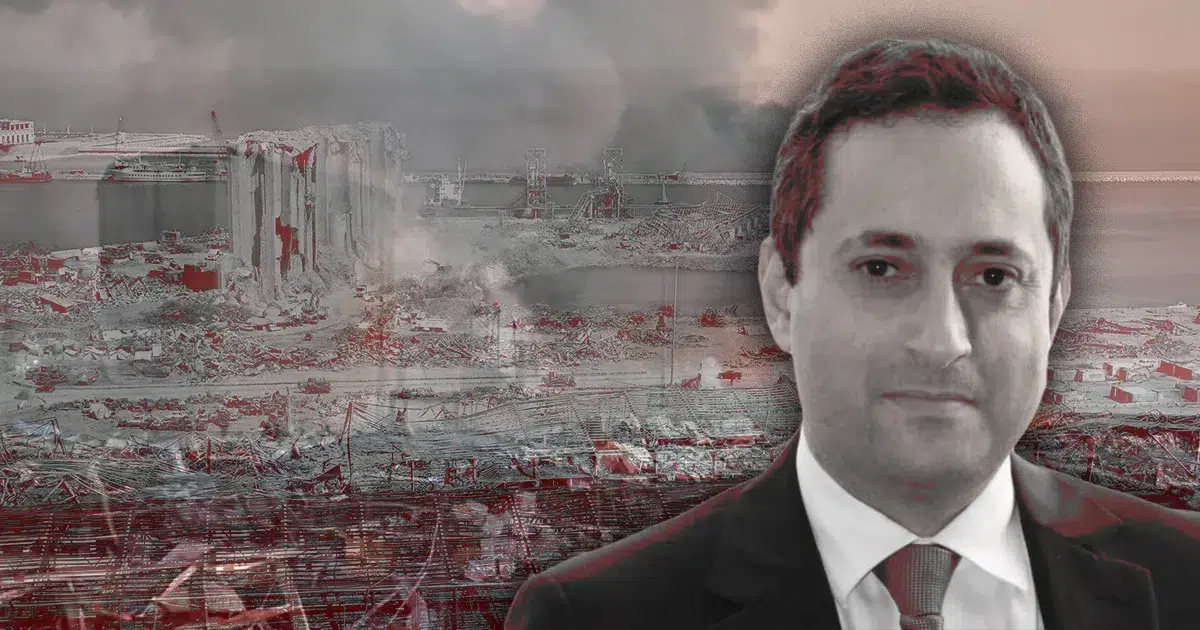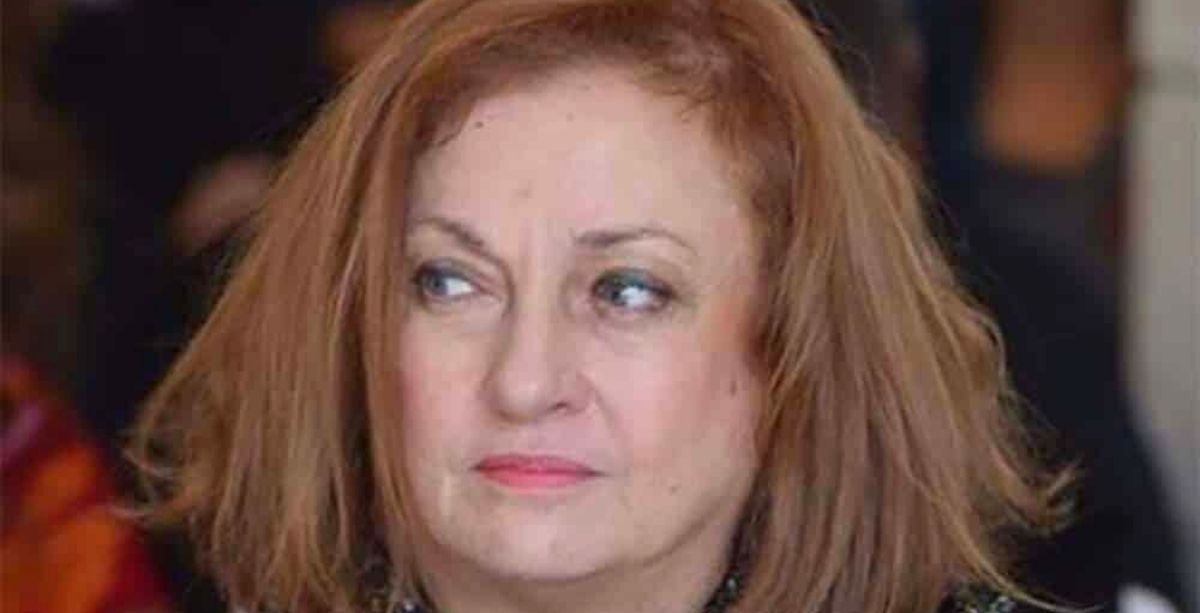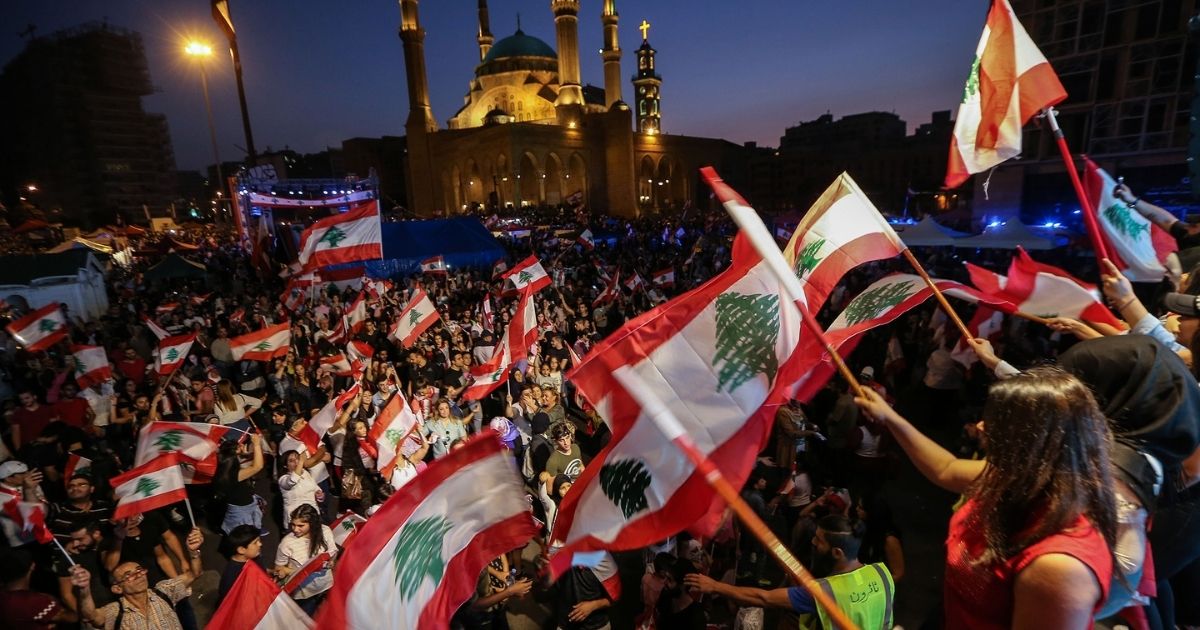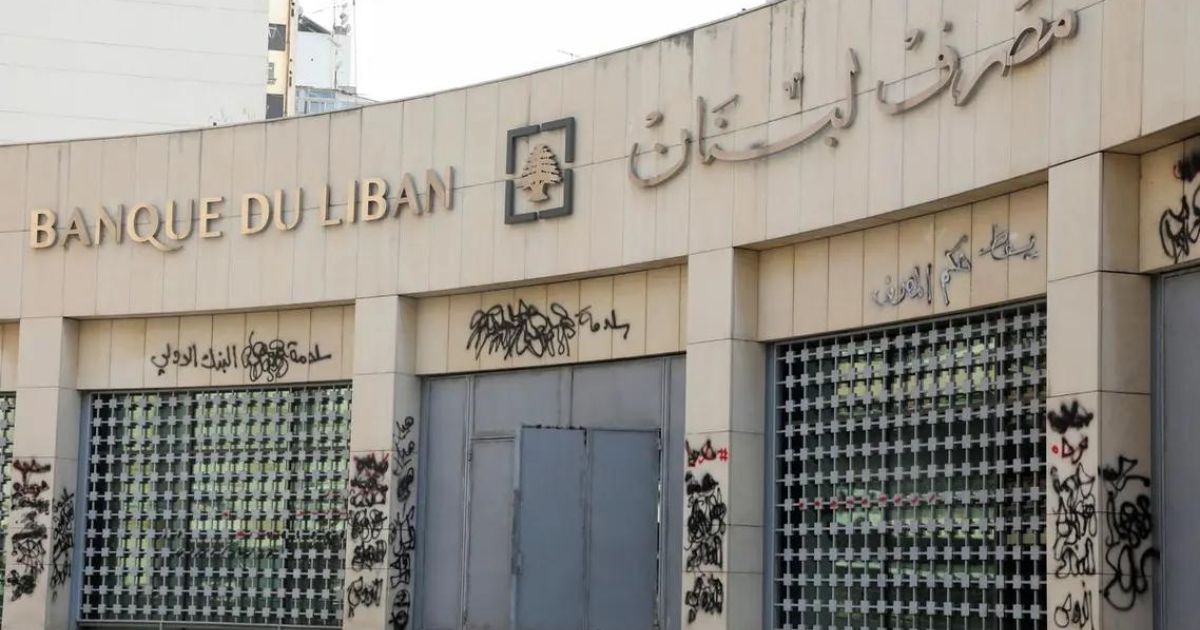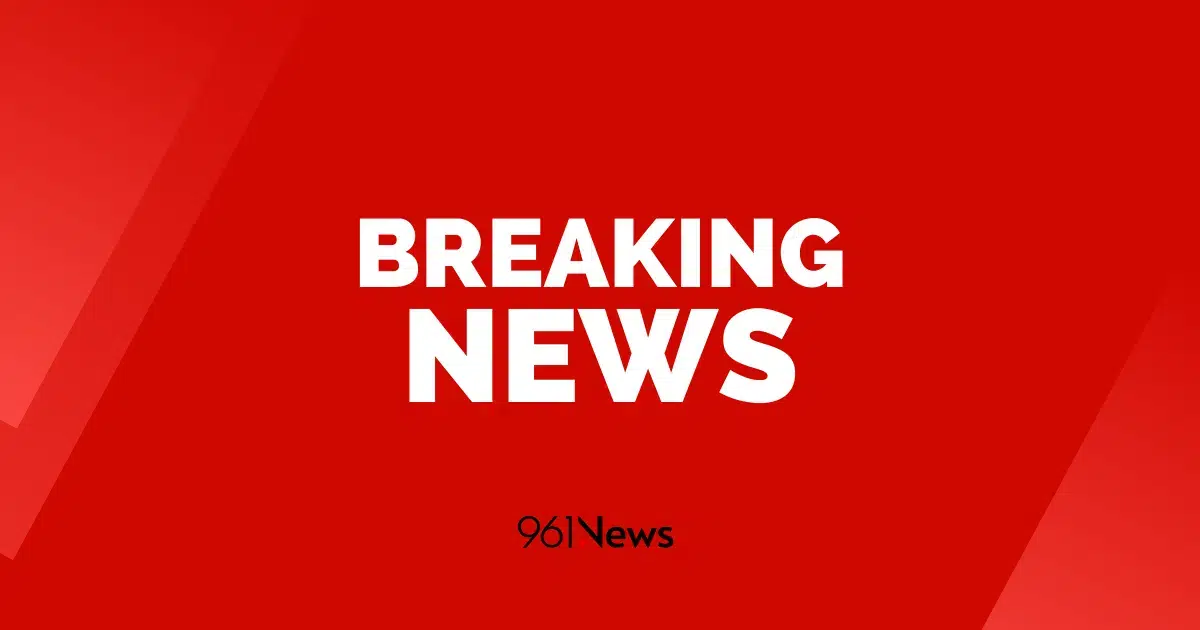As the Lebanese Revolution gets closer to its first month anniversary, more charges related to corruption are being pressed. Has the revolution opened pandora’s box on the corrupts in Lebanon?
For sure, a change is noticeable in that regard even if still shy and slight. There is a new boldness with more people coming forward when they couldn’t previously, journalists daring to point fingers at high authorities with their evidence, protesters freeing illegally appropriated public domains, a judge stepping over political barriers…
This Thursday, November 7th, Customs Director-General Badri Daher of the Port of Beirut was summoned for interrogations in light of several complaints filed against him related to some “questionable auctions.”
It includes an “imaginary auction” as termed by investigator-journalist Riad Kobaissi.
After receiving the complaints, Financial Prosecutor Judge Ali Ibrahim charged Daher with wasting public funds, and his testimony was taken by the judge.
A day before, Riad Kobaissi appeared in a televised interview on Al-Jadeed news channel and presented some pertinent information, which he had gathered throughout his years-long investigations, regarding customs corruption cases.
In the interview, he delivered what he called the final blow, a collection of documents, call recordings, and Whatsapp messages and voice notes that represent evidence of Daher’s involvement in suspicious auctions, and his close relationship with a fugitive from justice, according to Kobaissi.
Kobaissi has run several investigations into the customs department over the past six years. The results were made public around a month and a half prior to the recent interview these past days via a documentary video.
It caused Badri Daher to be put under the spotlight and then charged with wasting public funds, one and a half months later.
When Kobaissi’s documentary about the corruption in the Port of Beirut Customs was published, the Director-General Daher responded by filing a complaint through his attorney before the Public Prosecution in Beirut against Al-Jadeed TV and Riad Kobaissi for libel and violation of the Publications Law.
The complaint was then referred to the Office for Combating Cybercrime for preliminary investigation.
Daher also responded to the accusations in a press conference he held on November 7, where he addressed the recent developments regarding cases of corruption in Port Customs.
On that note, former Prime Minister of Lebanon Fouad Siniora was called in for an investigation by the financial prosecutor Judge Ali Ibrahim on the case of spending $11 billion without documentation during his premiership in 2006-2008.
Former Prime Minister Siniora initially refused to comply, but later arrived in Judge Ibrahim’s office at the Beirut Justice Palace on Thursday.
During the 3-hour hearing, PM Siniora answered a series of questions posed by the Judge regarding the undocumented expenses. He also held a press conference after the hearing.
A second hearing will be held on November 14th in the Court of Cassation, after Judge Ibrahim missed informing PM Siniora of the original hearing in time.
These two cases of politicians and public authority figures being questioned by jurisdiction were preceded by that of former Prime Minister Najib Mikati, who was charged with illegitimate gains by Mount Lebanon’s Public Prosecutor Judge Ghada Aoun on October 23rd.
However, Judge Aoun faced disciplinary consequences a week later, which led to the dismissal of the Mikati case on “technicalities.” State Prosecutor Ghassan Oueidat also issued a circular to security institutions ordering them to stop referring cases to Judge Aoun.
Has the revolution freed more than the people we see in the streets? Are we witnessing the beginning of the jurisdictional battle against corruption in Lebanon?



